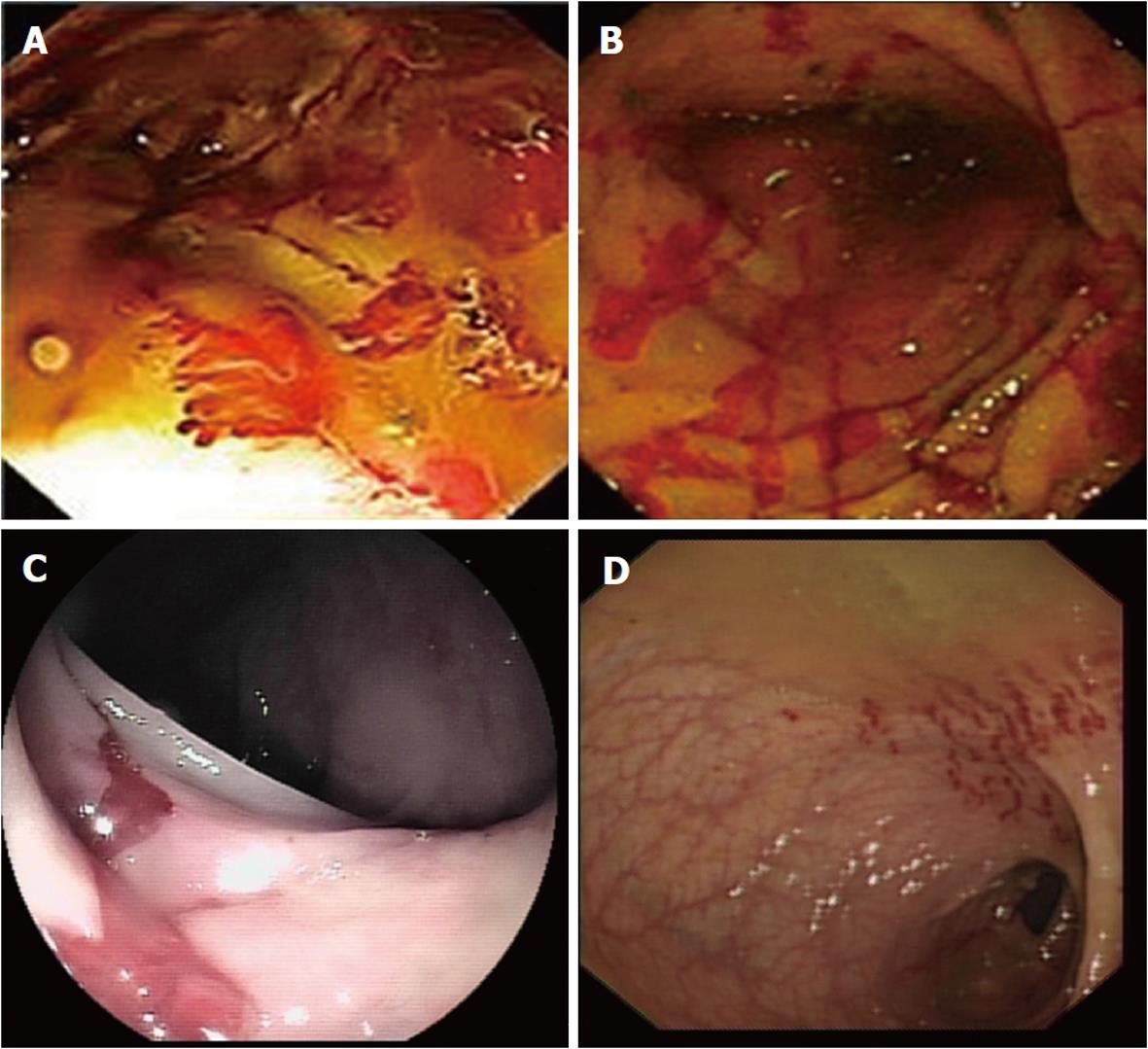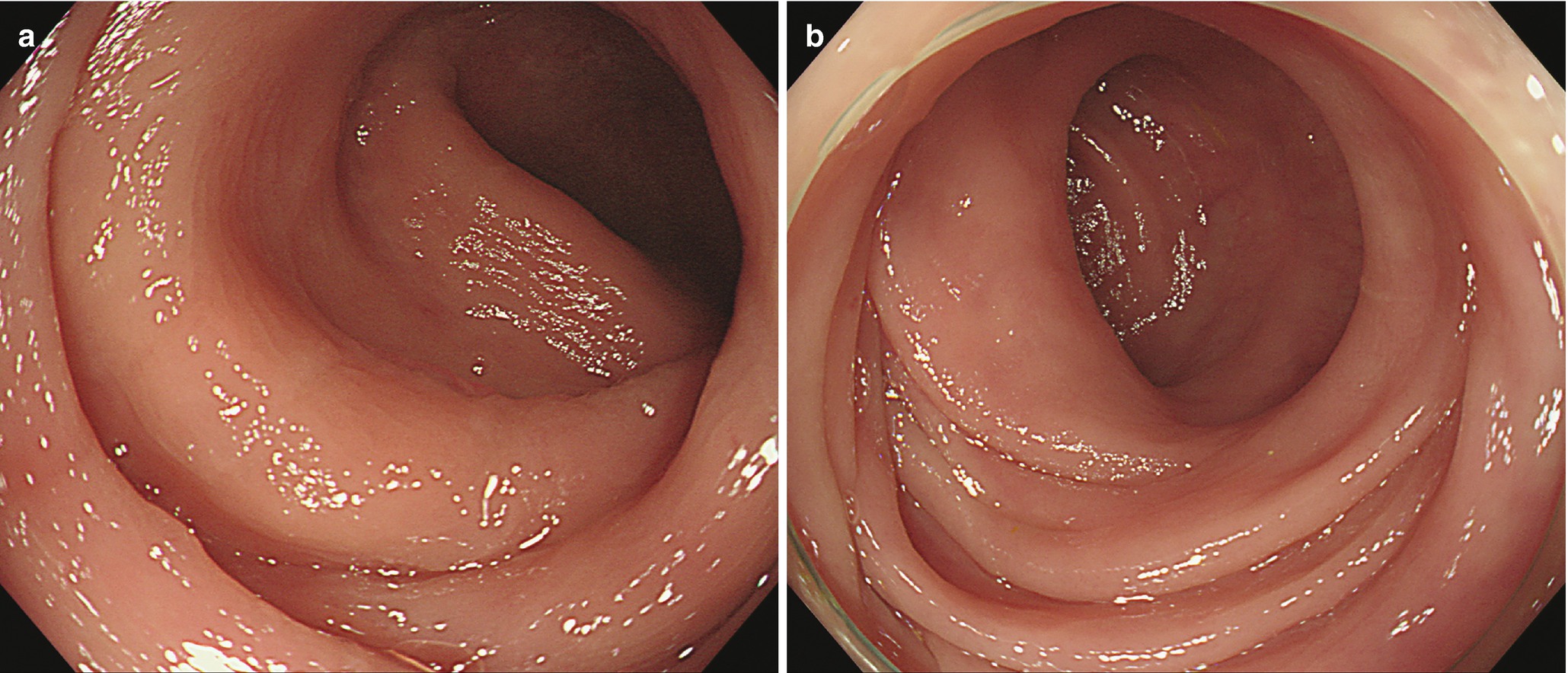
Colonoscopy findings update#
Colorectal cancer screening for average-risk adults: 2018 guideline update from the American Cancer Society. Wolf AMD, Fontham ETH, Church TR, Flowers CR, Guerra CE, LaMonte SJ, et al. American Cancer Society recommendations for colorectal cancer screening. AGA Clinical practice update on strategies to improve quality of screening and surveillance colonoscopy: expert review. Duplication for commercial use must be authorized in writing by ADAM Health Solutions.Keswani RN, Crockett SD, Calderwood AH. Links to other sites are provided for information only - they do not constitute endorsements of those other sites. A licensed physician should be consulted for diagnosis and treatment of any and all medical conditions. The information provided herein should not be used during any medical emergency or for the diagnosis or treatment of any medical condition. This site complies with the HONcode standard for trustworthy health information: verify here. Learn more about A.D.A.M.'s editorial policy editorial process and privacy policy. is among the first to achieve this important distinction for online health information and services.

follows rigorous standards of quality and accountability. is accredited by URAC, for Health Content Provider (URAC's accreditation program is an independent audit to verify that A.D.A.M. US Preventive Services Task Force website. Multi-Society Task Force on Colorectal Cancer. Colorectal cancer screening: recommendations for physicians and patients from the U.S.
Colonoscopy findings professional#
Colorectal Cancer Prevention (PDQ) - Health Professional Version. In: Niederhuber JE, Armitage JO, Kastan MB, Doroshow JH, Tepper JE, eds. Lawler M, Johnson B, Van Schaeybroeck S, et al. Philadelphia, PA: Elsevier 2021:chap 126. Sleisenger and Fordtran's Gastrointestinal and Liver Disease: Pathophysiology/Diagnosis/Management. In: Feldman M, Friedman LS, Brandt LJ, eds. Avoid driving, operating machinery, drinking alcohol, and making important decisions for at least 24 hours after the test.You should be able to return to your regular activities the next day.Eat a healthy meal to restore your energy. When you are home, follow instructions on recovering from the procedure. The providers will not let you leave until someone arrives to help you. You must plan to have someone take you home after the test because you will be woozy and unable to drive. You should be able to go home about one hour after the test. You may also feel bloated and sick to your stomach.

Passing gas is necessary and should be expected.Īfter the exam, you may have mild abdominal cramping and pass a lot of gas. You may feel brief cramping and gas pains as air is inserted or the scope advances. You may feel pressure as the scope moves inside. The medicines will make you sleepy so that you may not feel any discomfort or have any memory of the test. This makes it harder for the doctor to view inside your bowel. You will need to stop taking iron pills or liquids a few days before the test, unless your provider tells you it is OK to continue. Keep taking your other medicines unless your doctor tells you otherwise. You will likely be told to stop taking aspirin, ibuprofen, naproxen, or other blood-thinning medicines for several days before the test. You need to drink plenty of clear liquids for 1 to 3 days before the test.

Air is inserted through the scope to provide a better view.The scope is slowly advanced as far as the lowest part of the small intestine. It is carefully moved into the beginning of the large intestine. The scope is gently inserted through the anus.You lie on your left side with your knees drawn up toward your chest.You may be awake during the test and may even be able to speak. You will likely be given medicine into a vein (IV) to help you relax.You will be asked to change out of your street clothes and wear a hospital gown for the procedure.It can also be done in the outpatient department of a hospital or medical center. Colonoscopy is done most often in a procedure room at your doctor's office.


 0 kommentar(er)
0 kommentar(er)
